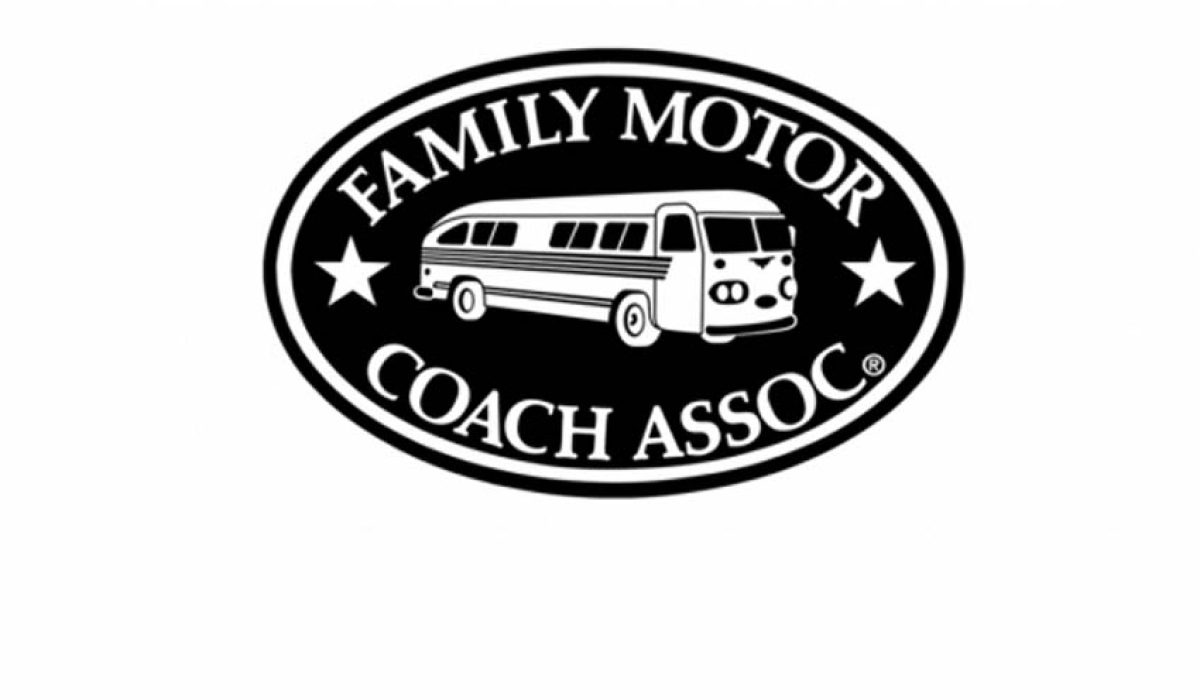Family Motor Coach Association
About FMCA
Since 1963 FMCA has issued more than 475,000 memberships to families who look to the association as their source of information about all facets of RV ownership and travel.
Membership categories
- Full/Family (F) membership is open to any person or family owning at least one-third interest in a qualifying RV.
- Family Associate (A) membership is open to Full/Family (F) members who no longer own a qualifying RV.
- Commercial (C) membership is for dealers, suppliers, manufacturers, campgrounds, service facilities and other firms servicing the RV owner or the RV industry.
FMCA’s purpose
The purpose of FMCA is to organize social activities, exchange RV information, and supply benefits made possible, in part, by collective purchasing. The interest of the Association also extends into the area of political and legislative action. FMCA supports recreation programs and the legal rights of RV owners.
Greatest benefit
FMCA takes pride in the merit of its many membership benefits, which include a mail forwarding service, an emergency medical evacuation program, international conventions, chapter and area rallies, and a free subscription to Family RVing magazine
One of the greatest benefits of FMCA membership is the opportunity it provides for enjoying the fellowship of friends from all over the country who share a common interest, RVing. The Association is rich in the tradition of FMCA members extending hands of genuine friendship to one another.
FMCA recognizes approximately 400 chapters across the United States and Canada. Many of them encompass specific or general geographic regions. Others consist of FMCA members who own a particular brand or model of RV. And still others are based on a common interest, such as music, sports, coach conversions or amateur radio.
FMCA members can be identified by the FMCA membership emblem, that many members display on their RV. This oval plate, embossed with the family’s membership number, opens the door for many friendly encounters while traveling.
Staff
FMCA is owned by its membership, governed by elected officers and has a national office that conducts its business affairs. The staff establishes a liaison with the RV industry, helps members to organize geographic and special interest chapters, publishes a monthly magazine, and coordinates FMCA RV conventions and annual membership meetings.
FMCA Member Code of Ethics
Every member of FMCA, as defined in the Bylaws, accepts and agrees that a condition of said membership is the obligation to abide by the FMCA Member Code of Ethics and the other rules and standards of this organization, which represent all our endeavors to be good neighbors, careful and responsible coach owners and operators, and good citizens of our communities.
Consistent adherence to the FMCA Member Code of Ethics is desired and required of every member, in order that the actions of all members may reflect favorably upon each other and upon FMCA; and thereby earn the confidence and respect of the public and its acceptance of FMCA and all its members.
FMCA Member Personal Responsibilities:
- Respect the rights and privacy of other members and coach owners on and off the highways.
- Comply with all Federal, state, and local laws and regulations governing the ownership and use of family RVs.
- Obtain permission to remain overnight, in a shopping center parking lot or on other private property, from the owner or responsible party of the property.
- Comply with all rules of National, state, municipal, and private facilities in which a member stays.
- Last but not least, members should not lose sight of the fact that there is a universal guideline known as the Golden Rule that directs all proper endeavors.
Therefore, recognizing that the public will judge all family RV owners by their individual actions, all members of FMCA, as well as its employed personnel, are enjoined to honor and comply with the FMCA Member Code of Ethics.
RV’ers Good Neighbor Policy
FMCA and some of the most respected RV consumer clubs have joined together to support your right to park on private businesses’ parking lots overnight under the following code of conduct. The code pertains to establishments that permit “dry camping” on their lots. Dry camping means camping without the use of external hookups for electricity, water supply or waste disposal.

